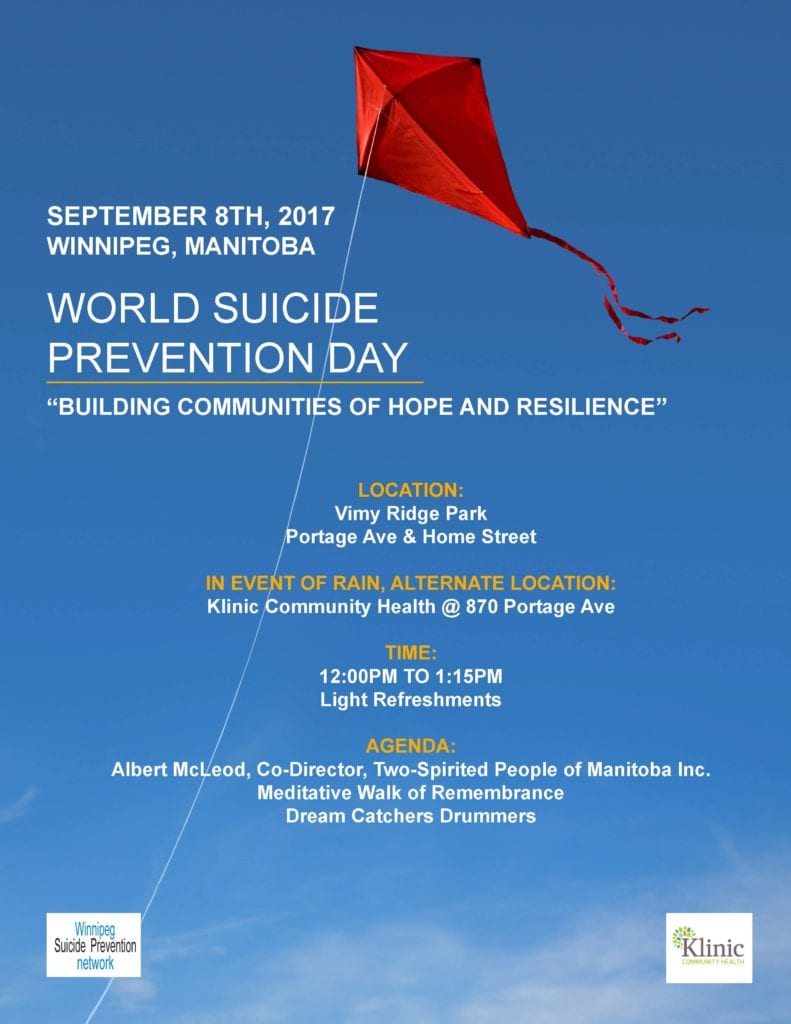The Rebel in You – A 12 Week Wellness Program
Sometimes starting an exercise program can be more challenging than the working out itself. Having to figure out how to get started, learning new terminology to what’s the difference between a rep and a set as well as knowing what to exactly do while in the gym. That is why we designed a custom program specific for The Rebel in You.
This program is a complete guide to getting moving and started o n a journey of healthy living. Inside you’ll learn different terms and a glossary of definitions. The program booklet has advice as to why being active is the right thing for you to do and it gives tips to help keep you on track, even when we find ourselves with a setback, we can still learn from it and use the tips to get back on. You will be shown how to find your target heart rate to make sure that when you are training aerobically you are being efficient and reaching the level needed to reach your goals. It also helps you with how to make and set goals!
n a journey of healthy living. Inside you’ll learn different terms and a glossary of definitions. The program booklet has advice as to why being active is the right thing for you to do and it gives tips to help keep you on track, even when we find ourselves with a setback, we can still learn from it and use the tips to get back on. You will be shown how to find your target heart rate to make sure that when you are training aerobically you are being efficient and reaching the level needed to reach your goals. It also helps you with how to make and set goals!
Included in the program booklet is a couple of full workout programs, which you can do at your own pace and you can keep track of it with the weekly calendar data chart to measure progress. Each program can be done for the entirety of the 12 weeks, or you can switch to another one if you feel you’d like to be challenged a bit more from the previous program. One of the programs is designed without any equipment which means it can help you become more familiar with movement and your body but also it means you can also do it at home. At the end of a workout or on a day you feel you need a stretch you can use the stretching guidelines to help balance out the work you’ve been putting in from the exercising.
Regardless of your level of fitness or experience, this program is designed to help you get a little bit more from your wellness plans and to help guide you in a total wellness program. The Rebel in You wellness booklet can be found on our website and it is free to download. Feel free to ask coworkers to join in, or family members to help provide support and a bit of social gathering time while you do something good for you. To be well is less about how you “should” go to the gym, or about the time you denied yourself dessert but more of an understanding that you matter and are important. That the higher value you place on yourself to take one more step or do one more rep pays out not only in your future self but also in your present self. We all are living a life where life happens, so we do not need to wait for life to happen in the “right way” for us to be well but we can practice being well in ourselves with each moment so that we create a life of wellness and well-being.








